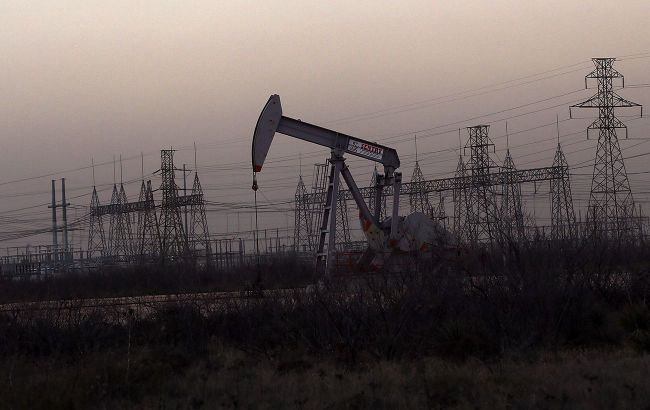Oil prices rise due to tensions in Red Sea: Market threatened by tanker shortage
 Oil prices rose due to tensions in the Middle East (Getty Images)
Oil prices rose due to tensions in the Middle East (Getty Images)
Oil prices rose on Thursday, January 18, amid tensions in the Middle East. If Houthi attacks on ships persist, it could lead to a shortage of tankers, Reuters reports.
Brent crude oil futures increased by 0.6% to $78.35, and WTI crude oil futures rose by 1.0% to $73.25 per barrel.
Houthi attacks on ships in the Red Sea have forced many companies to reroute cargoes around Africa, resulting in increased travel time and expenses.
On January 17, the United States launched another round of strikes on Houthi targets in Yemen in response to attacks on shipping. The Houthis, supported by Iran, claim to act in solidarity with Palestinians during Israel's conflict with the Gaza Strip.
Tanker shortage
Amin Nasser, the CEO of Saudi oil giant Aramco, said that global oil markets will cope with disruptions in the Red Sea in the short term. However, prolonged Houthi attacks on ships will lead to a shortage of tankers due to longer voyages and delivery delays.
Container ships are either stopping or diverting from the Red Sea, leading to the Suez Canal, the fastest route from Asia to Europe, which handles about 12% of global shipping.
The alternative route around the Cape of Good Hope to South Africa adds 10-14 days to the journey.
Aramco may bypass the Bab-el-Mandeb strait near Yemen, where the Houthis launch attacks, through a pipeline connecting its eastern oil facilities to the western coast, providing faster access to the Suez Canal, Nasser said.
Meanwhile, the International Energy Agency (IEA) expects oil markets to be in a "comfortable and balanced position" this year, despite tensions in the Middle East. According to its executive director, Fatih Birol, this will occur against the backdrop of increasing supply and a slowing outlook for demand growth.
Ukraine imports almost all of its fuel. The primary factor influencing prices in Ukraine is global oil prices. In 2023, prices fell by 10%, leading to a decrease in fuel prices.

